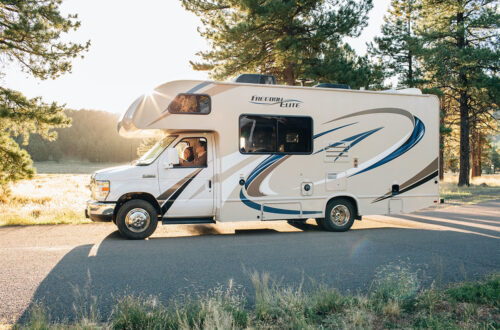
Business Insurance: Need To Know!
1. What Everyone Needs
Workers’ compensation insurance is required virtually everywhere. (The requirement kicks in at different employee counts in different states.) For injuries sustained on the job, workers’ comp covers medical expenses, lost income, and rehabilitation. If an employee dies, it pays death benefits to the heirs.
Property insurance, which protects buildings and their contents, such as equipment, furnishings, and inventory, is the most popular kind of protection for small businesses. But it may also be an area in which you are overinsured: Companies with little invested in premises and little inventory can sometimes forgo it. For everyone else, it’s as essential as homeowner’s coverage (and inevitably required for financing).
General liability coverage is less common than property insurance among small companies but arguably more important, because a claim for serious injury could easily wipe you out. Liability (a.k.a. casualty) insurance covers any injury or damage your company might cause other people, their reputation, or their property. Any company with premises that other people (customers, suppliers, etc.) can enter, or with a product whose failure could hurt or destroy, should have it. Most standard policies provide $1 million of coverage per claim. You may need more to do business with certain companies, and that’s typically purchased under an umbrella policy.
Business owner’s policies combine property and general liability coverage. (Manufacturers and most construction companies are ineligible for BOPs, however.) Business owner’s coverage is usually available to companies with up to $3 million in revenue, though sometimes larger companies can get it. It’s less expensive than buying separate policies, and insurers usually throw in other coverage, such as business interruption, for a nominal cost.
2. For Growing Companies
Business vehicle insurance can be configured to cover cars and trucks your company owns, leases, rents, or simply uses. Experts recommend this coverage even when an owner or employee uses a personal car for work, because while personal auto insurance normally permits some business use, when an accident occurs, the insurer will defend only the car owner, not the business.
Employment practice liability insurance is a relatively new coverage that’s widely recommended. The fact is, behaving decently to employees sometimes isn’t enough to avoid a lawsuit these days. The median jury award in employment suits has grown by half in the past decade, but the big exposure is the cost of your legal defense.
Business interruption insurance can solve the problem of seeing you through while you rebuild your business by replacing lost income and paying normal expenses. It will also cover extra expenses you incur in getting back into the market quickly.
3. For Special Circumstances
Key man insurance pays out when an invaluable team member dies or, more commonly, becomes disabled. For many small businesses, the only truly indispensable person is the owner — in which case it may merely duplicate individual life and disability policies. The exceptions include partnerships, for which these policies are often used to buy out a member or his heirs, and companies in which a particular employee possesses technical or highly specialized skills or knowledge that can’t be easily replaced.
Errors and omissions insurance, or professional liability coverage, is product liability when the product is a service. (Medical malpractice, for example, is a form of errors and omissions.)
Directors and officers liability D&O begins to matter when companies have outside investors — according to one survey, nearly a third of private companies reported D&O claims from shareholders in the past decade.
If you have any questions, please contact us and we will be happy to answer your questions.

You May Also Like

RV Insurance: Need to Know!
July 1, 2016
Motorcycle Insurance: Need To Know!
July 28, 2016

